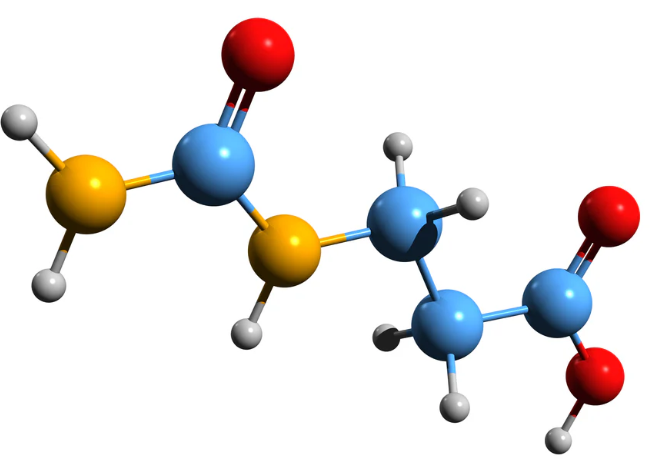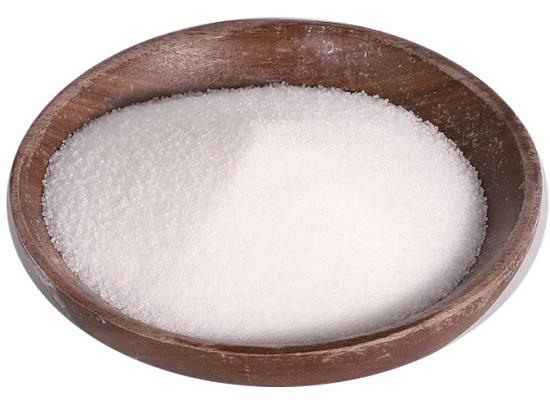β-Alanine: Physiological Roles and Kinetics of Ingestion
β-Alanine is a non-essential amino acid that is produced naturally in the body. It is one of the world's most commonly used sports supplements, and its use as a nutritional strategy in other populations is ever-increasing, due to evidence of pleiotropic ergogenic and therapeutic benefits.

Physiological Role
β-Alanine is a naturally occurring amino acid not used by the body to make muscle tissue. B-alanine works by increasing the muscle content of an important compound – carnosine. Carnosine plays a role in muscle endurance in high-intensity exercise. In fact, the production of carnosine is limited by the availability of B-alanine. Carnosine is highly concentrated in muscle tissue where its role is primarily to soak up hydrogen ions.
Kinetics of Ingestion
β-Alanine is synthesized in the liver and can be ingested in the diet through animal-based foods like beef and chicken. Once ingested, beta-alanine combines with histidine within skeletal muscle and other organs to form carnosine — the role of which is to maintain the acid-base balance in skeletal muscles, the brain, and the heart. Beta-alanine is the limiting factor in muscle carnosine synthesis.
References:
[1] R W SALATTO. Effects of Acute Beta-Alanine Ingestion and Immersion-Plus-Exercise on Connectedness to Nature and Perceived Pain.[J]. International Journal of Environmental Research and Public Health, 2021. DOI:10.3390/ijerph18158134.[2] EIMEAR DOLAN . A Systematic Risk Assessment and Meta-Analysis on the Use of Oral β-Alanine Supplementation[J]. Advances in Nutrition, 2019, 10 3: 361-548. DOI:10.1093/advances/nmy115.
You may like
Lastest Price from β-Alanine manufacturers

US $1.00-4.00/KG2025-09-12
- CAS:
- 107-95-9
- Min. Order:
- 1KG
- Purity:
- 99%
- Supply Ability:
- 200000KG

US $0.00-0.00/kg2025-06-06
- CAS:
- 107-95-9
- Min. Order:
- 0.001kg
- Purity:
- 99.99%
- Supply Ability:
- 200000MT


